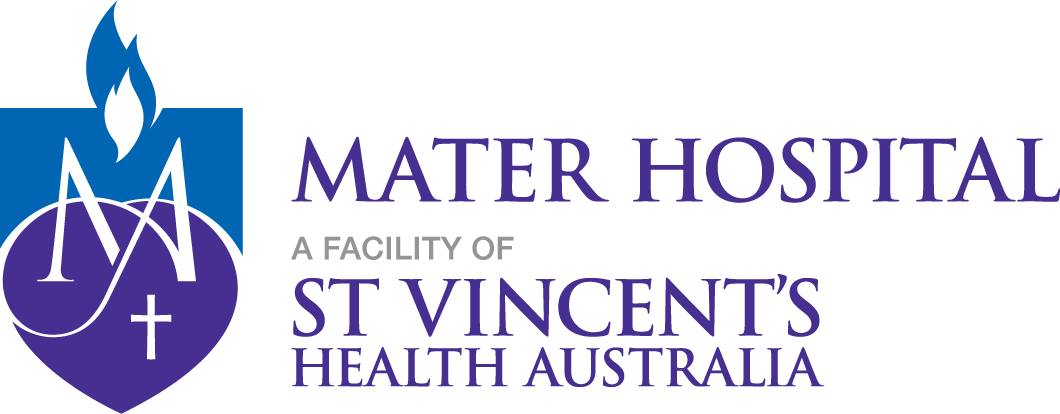Prostate Cancer
Dr Nari Ahmadi
- Home
- Patient News
- Paradigm Shift In Screening And Management Of Prostate Cancer
Paradigm Shift In Screening And Management Of Prostate Cancer
It is once again Movember, the month where Halloween costumes are traded for facial hair in the hope of raising further awareness for prostate cancer. Prostate cancer to date remains the most common cancer in Australian men and the second most common cause of cancer death in Australian men.
The prognosis of men diagnosed with prostate cancer heavily depends on the grade and stage of the cancer. Subsequently early detection has been one of the main focuses of many organisations and guidelines.
PSA screening, as a means of early detection, has been the topic of controversies over the years and various guidelines and recommendations have been formulated, at times with opposing views regarding the utility of PSA as an effective screening tool. Treating surgeons and physicians have not been free of fault in this regard, as the main issue with PSA screening has been the overtreatment of low-grade prostate cancers, which may not have had an impact on the patient's survival due to their indolent nature. Furthermore, more advanced and aggressive prostate cancers were undertreated with a nihilistic view, with delay in therapy, systemic hormone therapy only or delayed referral to medical or radiation oncologist.
In recent years, treatment paradigms have been re-defined and approaches to prostate cancer treatment have undergone major changes. The standard of care currently advocates that most low-grade prostate cancer cases are to be managed with observation and surveillance rather than surgery or radiation and treatment should be reserved for when the cancer upgrades.
The Medicare rebate for prostate MRI scans, has improved screening accuracy and decreased the need for unnecessary prostate biopsies. The transperineal approach to prostate biopsy has displaced the transrectal approach, which carried a higher risk of infective complications. High-risk prostate cancers are now discussed in a multidisciplinary meeting with input from surgeons, radiation oncologists, medical oncologists as well as pathologists and multimodal therapy is utilised in increasing frequency. While PET scans with more accurate markers have improved earlier detection of metastatic disease. Advances such as robotic surgery and targeted radiotherapy have provided lower complications and morbidities in definitive therapy fields. A variety of novel chemotherapy and immunotherapy agents are now also available and clinical trials are more readily utilised. Most importantly, the decisions regarding the choice of treatment modality are increasingly made by the patient, a concept currently referred to as ‘shared decision making’.
From a holistic perspective, cancer support groups and clinical psychologists are now more often seen in the pre and post treatment settings. And finally, clinical outcomes are audited by independent organisations such as NSW Prostate Cancer Registry and confidential feedback is provided to the surgeons with the aim of identifying areas where improvements could be made. Overall, the future seems much brighter for prostate cancer patients in years to come.
The general practitioners are at the front line and provide a pivotal role in cancer screening. Despite conflicting guidelines from various sources, a sensible approach to cancer screening could be agreed on. PSA screening should not be omitted categorically, but patients should be counselled regarding the pros and cons of PSA screening and referral to a urologist should be made – one who follows current standards of care, has experience and training for prostate cancer treatment and treats patients in an ethical and collegial multidisciplinary setting.
Dr Nari Ahmadi
Dr Nari Ahmadi is a urological and cancer surgeon with experience and interest in minimally invasive cancer surgery. He is the coordinator of genitourinary cancer research at Chris O’Brien Lifehouse. Dr Ahmadi consults in North Sydney, Newtown and Burwood and operates at Mater Hospital, Chris O’Brien Lifehouse and Strathfield Private hospital.


